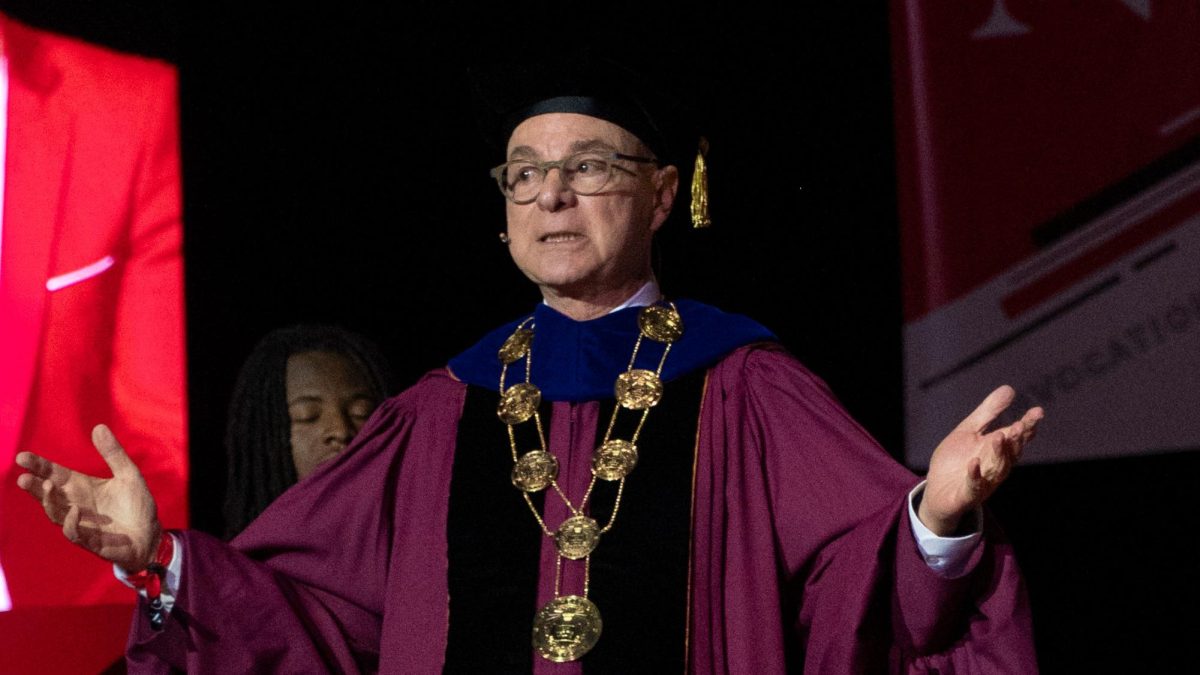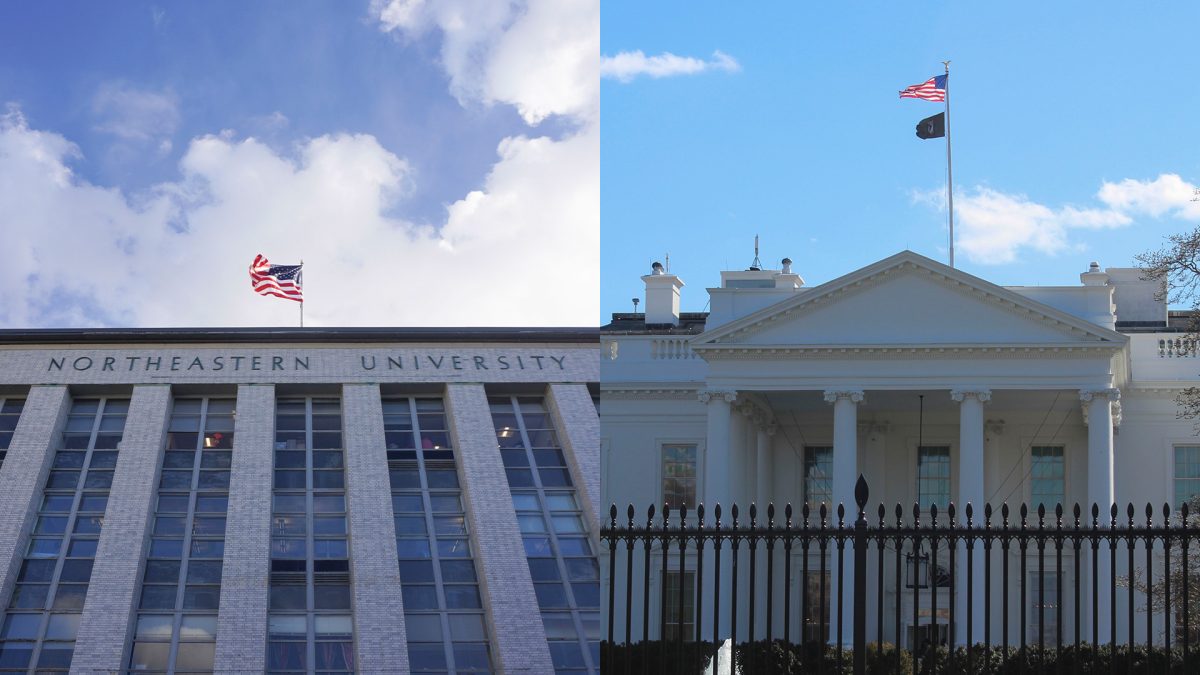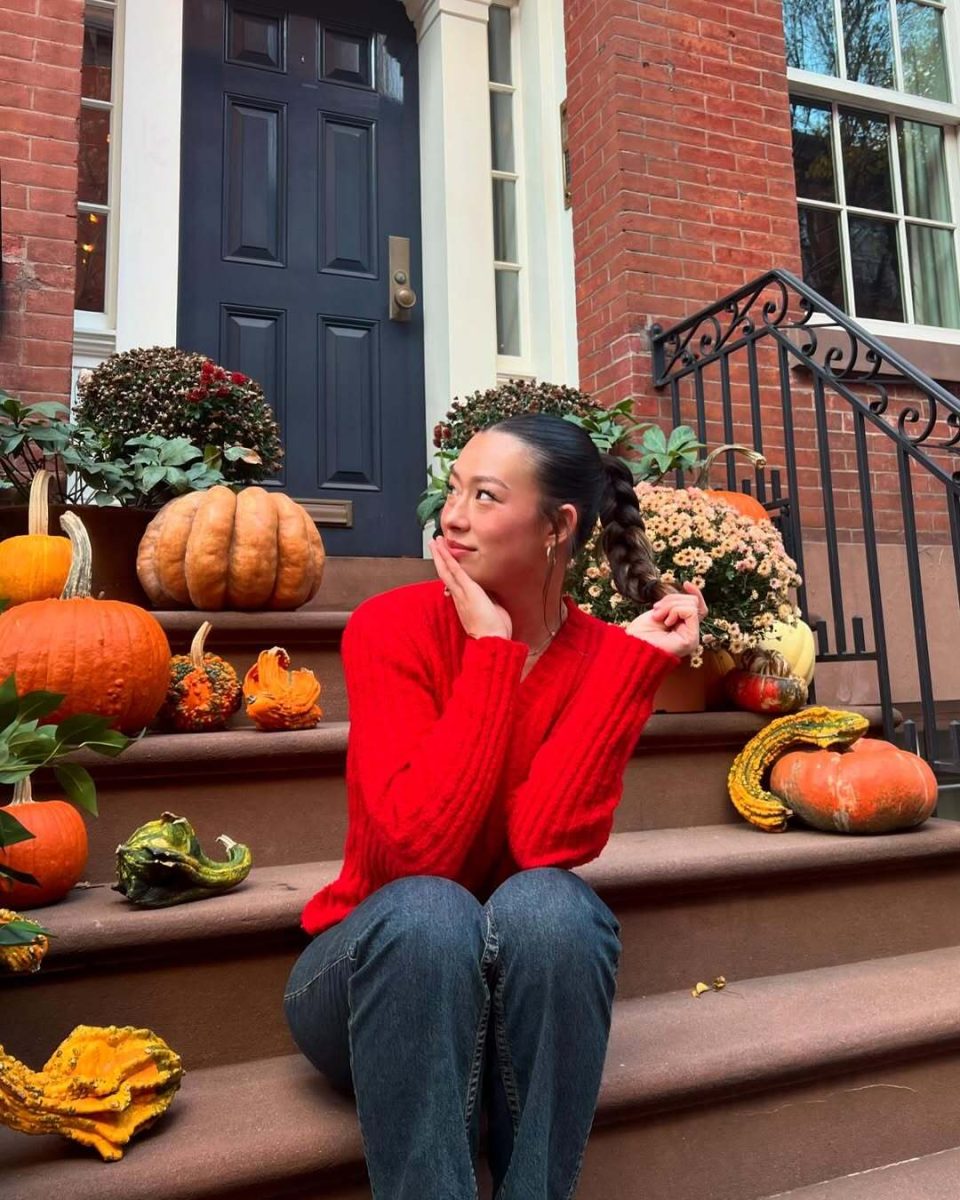By Brendan Reilly
Vice President and Dean of the Division of Cooperative Education Richard D. Porter announced last week that he will step down from his post at the end of the school year.
Porter, who assumed the role of interim vice president in 1998, says he is proud to have played a part in the accomplishments made in the co-op division over the past five years, but gave much of the credit to those he has worked closely with, including NU President Richard M. Freeland and former Provost David Hall. Porter sees his work over the past five years as a precursor to future achievements.
“I feel honored to have helped prepare the way for the next step,” Porter said.
His next venture will be to return to the classroom in the fall as a mathematics professor. He will also fill the position of special assistant to the dean of the College of Arts and Sciences and senior researcher for the Center for the Study of Practice Oriented Education. In those roles, he will deal more with research and direct application of workplace experience and ideals to the classroom.
Porter began his career at Northeastern as a mathematics professor in 1993. Five years later, he became interim VP of the Division of Cooperative Education, and in the spring of 2000, he assumed the duties of dean of the division when then-dean Robert Tillman vacated the position.
“I stepped into the position at a critical time for the co-op department,” he said.
During his time as vice president and dean, Porter has overseen the hiring of additional advisors, the acquisition of several new co-op employers, and the integration of advisors throughout Northeastern’s campus. He has also worked closely with Bob Weir, director of information services for Northeastern, in listing all available co-op jobs online in a database designed to make the search for jobs easier for the students. No longer do students need to sit in their advisors’ offices and delve into massive plastic binders of job listings.
“My job as vice president and dean has been to integrate the experience a student has in the classroom with the experience gained from co-op,” Porter said. “A big goal was to make sure that a quarter of classroom experience prepared students for the following co-op experience, and then the co-op time made the students better prepared for the next quarter of classes.”
Last spring, in an effort to make the co-op process more efficient and in preparation for semester conversion, Porter and others in the department went through and examined every co-op job offered to Northeastern students to evaluate and update them.
In an April 2000 interview, Porter told the Northeastern News that he would take a more active role in assessing how the co-op department helps students in various capacities.
“What we’re doing at the moment is the right decision,” Porter had said when taking over the duties of Tillman. “I think it’s gotten me closer to the day-to-day operations of co-op.”
At the time, President Freeland said he was confident that Porter would do a good job in the position, and nearly three years later his tune has not changed. In an e-mail sent out to Northeastern faculty, Freeland praised Porter for his dedication to practice-oriented education.
“It is under [Porter’s] leadership that co-op coordinators have moved into offices in the colleges and have also been integrated organizationally into the administrative structure of the colleges,” Freeland said.
Freeland also accredits the closer communication between co-op and other academic faculty members to Porter’s leadership.
The national search for Porter’s replacement began last week, though Porter stressed that he will not abandon his post.
“I’ll be here doing the job until they find someone to replace me,” he said.








